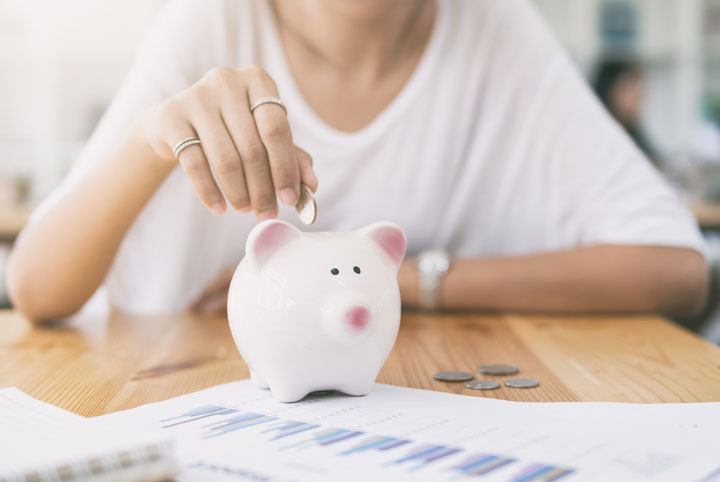
Buying an investment property can be a scary thing. It’s a big financial commitment and it takes a lot of planning and a lot of discipline to make it work. But as long as you’re willing to put in the effort and do what needs to be done, you can safeguard your finances and make sure you don’t end up in the red. Here’s what I suggest.
Make Sure it Has Cash Flow
The absolute number one thing you must do is ensure that the property will cash flow. This means you have to add up every expense, including the mortgage, property tax, insurance, etc., and make sure you can get back a higher number in rent. It’s amazing how many people purchase rental properties with the assumption they’ll make money and they never do the complete calculation. If you can’t find a way to make the property cash flow you will 100% lose money.

Read Scott McGillivray’s tips for setting a fair rental price for your income property.
Insurance
If you plan on renting out an investment property I highly recommend you look into options for landlord’s insurance. Depending on the type of property and number of units you’ll be renting out, the options will be quite different. But basically you’ll want a policy that covers you from any financial loss connected with the property, whether it’s from a natural disaster, a break in, or loss of income. Sit down with an insurance agent and discuss the options that are best for your situation.
Get an Accountant
Although it’s certainly possible to do your taxes yourself, I suggest working with a knowledgeable accountant to make sure your finances are in order. There are a lot of tax implications of owning investment properties, but there are also a lot of potential tax breaks. Working with an accountant who is familiar with rental properties and the income they generate can help make sure you’re making the most of these potential savings.
Choose an Appropriate Mortgage
There are a lot of different mortgage options out there, and the one that’s right for you could depend on many different variables. Depending on what’s happening in the market at the time you purchase, a variable rate mortgage may be preferable – but then again, maybe not. The last thing you want is for interest rates to rise and suddenly have your property no longer cash flow. The best thing to do is sit down with a mortgage advisor to learn what all the options are and figure out what makes the most sense for your situation. When it comes to mortgages there is no one-size-fits-all answer.
Plan for the Long Haul
Selling a house can be costly, so before you buy an investment property make sure you have the finances to hold on to it for a while. Can you cover unexpected repairs? Will you be OK if it sits empty for a few months? The idea is that you have enough money set aside so that you can ride out any bumps and not be forced to sell at a loss should things go south for a while.
Co-own an income property? Read Scott’s tips for ensuring running a joint rental goes smoothly.
HGTV your inbox.
By clicking "SIGN UP” you agree to receive emails from HGTV and accept Corus' Terms of Use and Corus' Privacy Policy.



